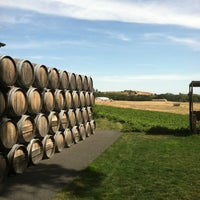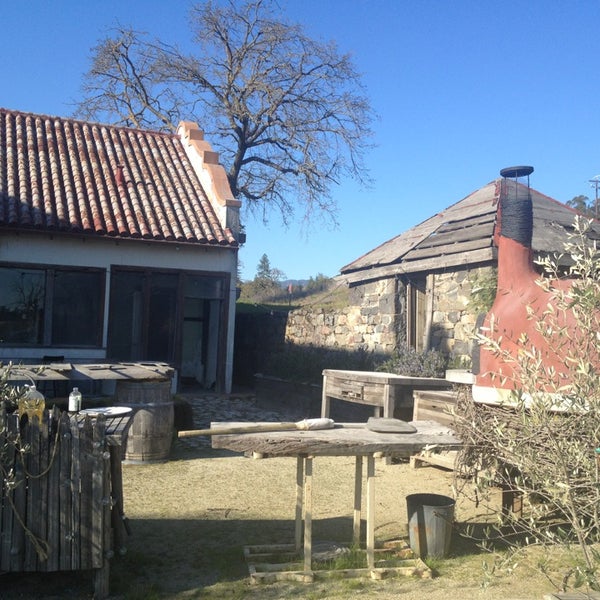


This kind of professional scribal workshop eventually became part of the guild system in major cities. Some of these expanded starting in the 13th century into secular workshops focusing on luxury illuminated books for wealthy patrons (including the Church), including in languages other than Latin. However, with the rise of universities starting in the 12th century, scribes began to be employed as professionals with booksellers or stationers in university towns. These sorts of scribes were originally generally attached to religious institutions or monasteries, where books were copied for internal use by the religious house or institution. (Here's a good article on that: ) These people were not always necessarily completely Latin-literate, as there are often errors in manuscripts (although as someone who has studied actual medieval manuscripts, I can state these errors are actually fairly rare). There were also scribes who mostly just copied books. It looks like most university masters attained their mastery (the default level for instructing in the universities) in their 20s. This did not make one a scholar that would involve attending a university for several years, not hugely unlike the university system today.
Cristoph at scribe winery how to#
So if by "scribe", you mean an average clerk able to read and write Latin, you are likely looking at a few years of schooling attached to a local religious institution in order to learn the language and how to write it. It could also prepare a scholar for advanced studies at universities, and for a career as an instructor and writer. This kind of training could prepare someone for a career as a (literal) clerk in law or administration (in England, for instance, clerks recorded land transactions and the outcome of legal cases, and managed household affairs for the wealthy.) It could prepare someone for a career in the Church, especially after the Fourth Lateran Council (1215) promoted literacy for parish priests. Note that while most who learned and taught Latin were "clerics", they were often in minor orders and not always directly attached to a church many were employed in secular administration. (These learners might also learn to read vernacular languages in order to read lais or romances). This kind of literacy was mostly confined to the clerical world, with the exception of the nobility or wealthy gentry who might be tutored, usually by a cleric of some sort. By the end of this period, it is also starting to include literacy in vernacular languages, as they start to be used more often for composition (you can look at Chaucer as an example of this trend). Scholarly literacy was literacy in Latin (and for advanced scholars, sometimes Greek and Hebrew). This group would likely not be terribly concerned with familiarity with literature, but they might need to be able to read notes or instructions, or to deal with measurements. The wealthier in this group might have tutors to assist. This would usually involve knowledge of the local vernacular language, and would normally be learned as part of either an apprenticeship-type arrangement or through the family. Practical literacy is what would be needed for everyday functioning as a craftsman, a tradesman, or someone managing a small estate. One of them is practical literacy, and the other is what I would term scholarly literacy. There are a couple of different kinds of literacy to look at when we look at the subject of literacy during the middle ages (caveat as usual: My focus is what's often called the High Middle Ages, from about the 11th century to the 14th.). Previous AMAs | Previous Roundtables Featuresįeature posts are posted weekly. May 25th | Panel AMA with /r/AskBibleScholars Please Subscribe to our Google Calendar for Upcoming AMAs and Events To nominate someone else as a Quality Contributor, message the mods. Our flaired users have detailed knowledge of their historical specialty and a proven record of excellent contributions to /r/AskHistorians. Please Read and Understand the Rules Before Contributing. Report Comments That Break Reddiquette or the Subreddit Rules. Serious On-Topic Comments Only: No Jokes, Anecdotes, Clutter, or other Digressions. Provide Primary and Secondary Sources If Asked. Write Original, In-Depth and Comprehensive Answers, Using Good Historical Practices. Questions should be clear and specific in what they ask, and should be able to get detailed answers from historians whose expertise is likely to be in particular times and places. Nothing Less Than 20 Years Old, and Don't Soapbox. Be Nice: No Racism, Bigotry, or Offensive Behavior. Downvote and Report comments that are unhelpful or grossly off-topic.Upvote informative, well sourced answers.New to /r/AskHistorians? Please read our subreddit rules and FAQ before posting! Apply for Flair


 0 kommentar(er)
0 kommentar(er)
